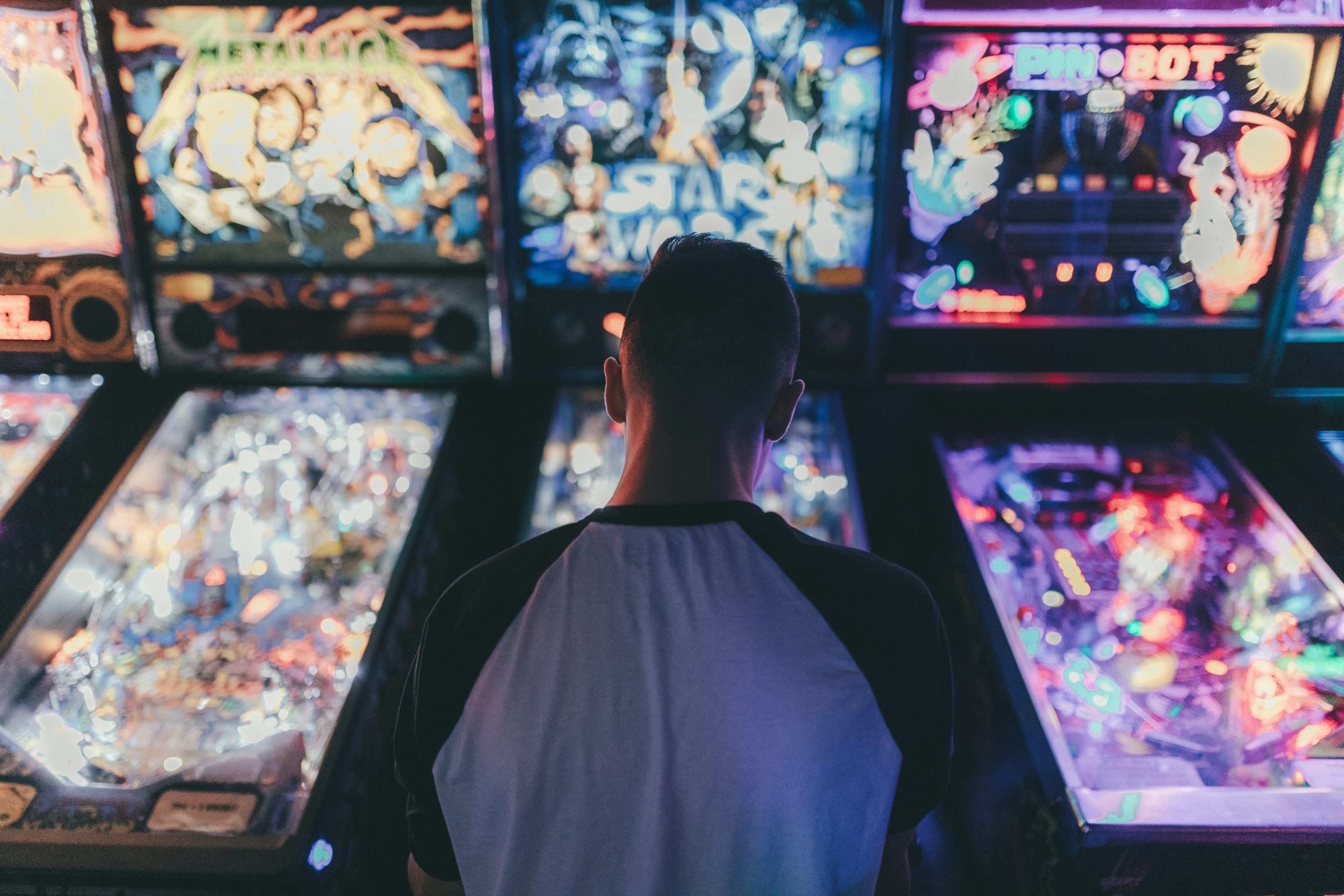Betting has existed for centuries—as a pastime, a thrill, and for some, a way to test skill or luck. From sports betting and poker games to online casinos and virtual slot machines, the betting industry is booming in both physical venues and digital platforms.
But behind the excitement and flashing lights lies a serious question:
Is betting just harmless entertainment, or can it become an addiction?
This article explores both sides of the coin—highlighting when betting is fun, and when it turns into something more dangerous.
When Betting Is Entertainment
For millions of people around the world, betting is nothing more than a form of leisure. Just like watching a movie or playing a video game, it offers:
🎯 Excitement
The thrill of placing a bet, watching a match, or spinning a roulette wheel can be fun and engaging.
💬 Social Activity
Some enjoy betting with friends during sports events or visiting casinos as a group.
💸 Low-Risk Fun
When done responsibly, with small budgets and limits, betting can remain just a casual activity.
🎁 Bonuses and Rewards
Online platforms often provide welcome bonuses, free bets, and promotions, making it more entertaining without high risk.
When Betting Becomes a Problem
For some, betting doesn’t stay a game. It crosses into compulsive behavior—leading to emotional, financial, and social damage. This is known as gambling addiction or problem gambling.
⚠️ Signs of Gambling Addiction:
-
Inability to stop betting, even when losing
-
Chasing losses with bigger bets
-
Borrowing money to gamble
-
Hiding or lying about gambling activity
-
Neglecting family, work, or personal responsibilities
-
Feeling anxious, depressed, or angry when not gambling
The Science Behind Gambling Addiction
Betting triggers the brain’s reward system—releasing dopamine when you win, similar to what happens with drugs, alcohol, or sugar.
Over time, the brain can crave this reward feeling more and more—causing some people to:
-
Take higher risks
-
Spend more money
-
Ignore the consequences
This condition is recognized by medical professionals and requires treatment in serious cases.
The Role of Online Platforms
Online betting and casino sites have made gambling more accessible than ever:
-
Available 24/7
-
Accessible on mobile phones
-
Easy deposits and fast withdrawals
-
Live notifications, bonuses, and tempting designs
For responsible players, this convenience is welcome. For vulnerable individuals, it can become a trap.
Responsible Betting Tips
To keep betting fun and safe, consider these rules:
✅ Set a Budget
Decide how much money you’re willing to lose. Never bet more than you can afford.
⏱️ Set Time Limits
Don’t let gambling take over your day.
🙅 Don’t Chase Losses
Accept losses as part of the game. Never try to “win back” your money.
🧠 Bet with a Clear Mind
Avoid gambling when tired, upset, or under the influence.
🔒 Use Tools
Many platforms allow you to:
-
Set deposit limits
-
Block yourself temporarily
-
Monitor your betting activity
Getting Help
If you or someone you know is struggling with gambling, help is available.
Many countries offer free services such as:
-
Gamblers Anonymous
-
National Problem Gambling Helplines
-
Online self-exclusion tools
-
Counseling or therapy
Seeking help is not a sign of weakness—it’s a step toward recovery.
Frequently Asked Questions
Final Thoughts
Betting can be fun—but it can also become harmful.
The key is balance, control, and awareness.
If you treat betting as entertainment and follow healthy limits, it can be an enjoyable part of your life. But if you find yourself betting out of desperation, emotion, or habit—it’s time to pause and seek help.
Remember: The house always has an edge—but you always have a choice.




Discussion (0)